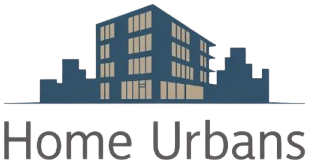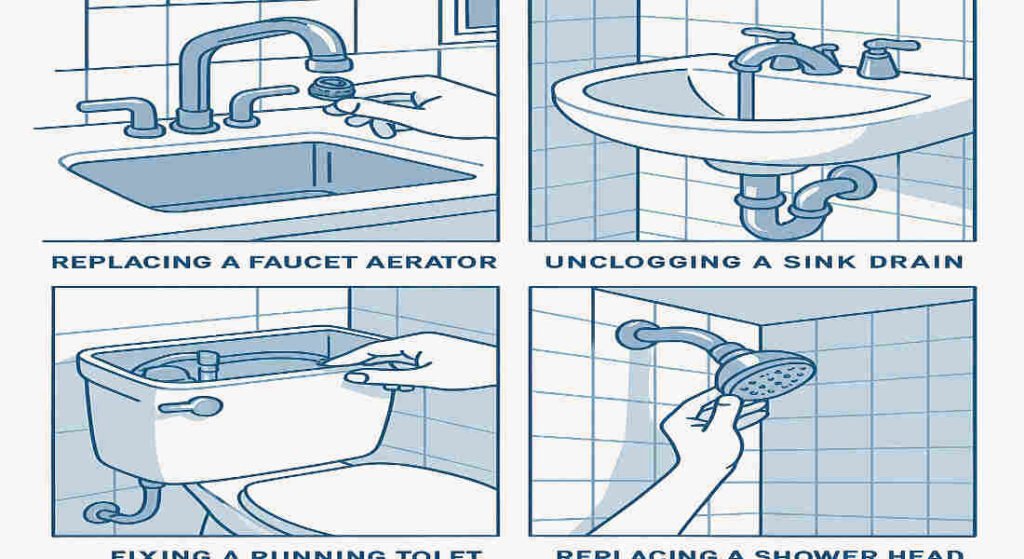Plumbing is one of those essential aspects of home maintenance that everyone encounters at some point. From fixing a leaky faucet to replacing a worn-out sink, plumbing tasks can range from straightforward fixes to complex projects that require professional expertise. In New York City (NYC), however, the rules governing plumbing work are particularly strict. The New York City Department of Buildings (DOB) enforces stringent codes to ensure the safety and functionality of plumbing systems.
For homeowners, it’s crucial to understand which plumbing tasks can be done without a license and when hiring a licensed professional is non-negotiable. Not knowing the difference can lead to legal trouble, safety hazards, and even costly fines.
Understanding NYC Plumbing Regulations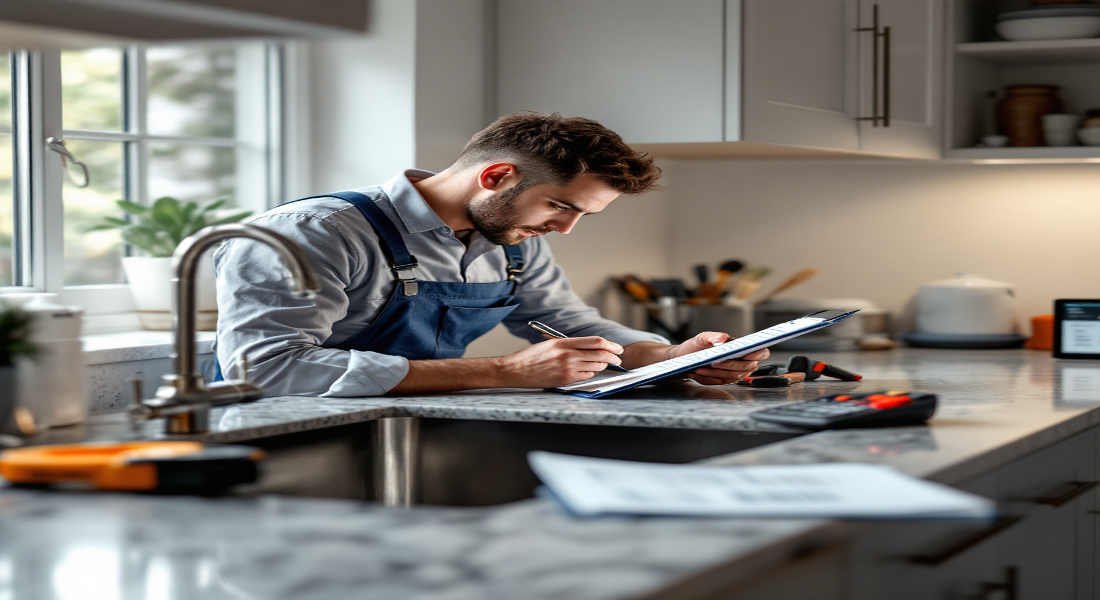
To fully grasp what plumbing work you can legally perform as a homeowner in NYC, it’s important to understand the framework of the city’s plumbing regulations.
Overview of the NYC Plumbing Code
The NYC Plumbing Code governs the installation, maintenance, modification, and repair of piping systems. It covers everything from water supply to gas piping, drainage systems, and more. These codes ensure that all plumbing work adheres to safety standards and doesn’t compromise the health or safety of the city’s residents.
The Role of Licensed Master Plumbers (LMPs)
In New York City, only Licensed Master Plumbers (LMPs) can legally perform most plumbing work. These professionals are certified by the city to ensure they have the necessary training and expertise to work on complex plumbing systems.
Licensed plumbers are responsible for obtaining permits, performing installations, and ensuring that all work complies with New York City codes. If a job involves gas lines, fire standpipes, or major plumbing changes, an LMP is required by law.
Permits and Inspections
Most plumbing work in New York City requires a permit issued by the Department of Buildings (DOB). The permit ensures that the work is inspected and meets city standards. Performing unpermitted or unlicensed plumbing work can result in serious consequences, including penalties and even legal action.
It’s essential to familiarize yourself with NYC’s DOB NOW system, an online portal where property owners and professionals file for permits and schedule inspections.
What Home Plumbing Work Can Be Done Without a License in NYC?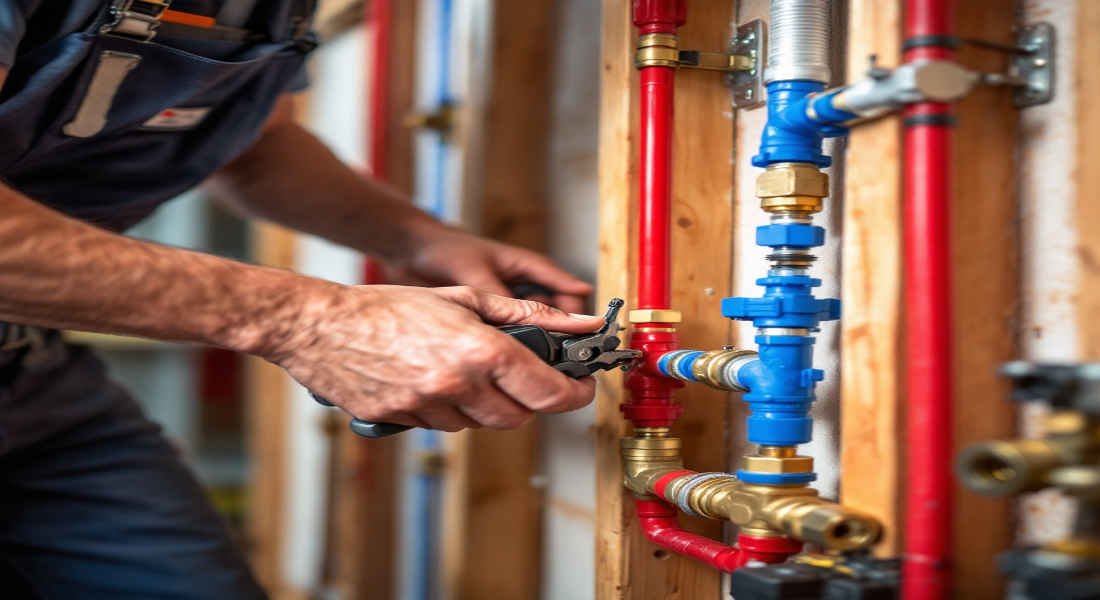
While New York City has strict regulations, there are certain minor plumbing tasks that homeowners can legally perform without a license or permit. These tasks are typically considered “minor” because they do not involve altering or installing new plumbing systems.
Minor Plumbing Work Exempt from Licensing
Under NYC Administrative Code Section 28-105.4, there are specific plumbing repairs and replacements that homeowners are allowed to handle themselves.
Examples of Permissible DIY Plumbing Tasks
Here’s a breakdown of plumbing tasks you can legally perform without a license in NYC:
- Replacing Faucets, Toilets, and Sinks
- Swapping out a damaged faucet, replacing an ageing toilet, or installing a new sink falls under minor repairs. These tasks don’t require modifications to the plumbing system.
- Connecting Hoses to Faucets
- Attaching hoses to outdoor or indoor faucets for watering, cleaning, or other purposes is perfectly fine without a license.
- Fixing Minor Leaks
- Repairs to fix small drips or leaks in pipes are allowed as long as you’re not replacing significant sections of piping or altering the system.
- Dishwasher and Washing Machine Repairs
- Connecting or replacing pipes for appliances like dishwashers and washing machines is permissible, provided no major plumbing alterations are required.
Why These Tasks Are Allowed
These tasks are considered “cosmetic” or “minor repairs” because they don’t alter the structure or function of the overall plumbing system. They are simple replacements or fixes that require basic tools and can be done safely by homeowners.
What Plumbing Work Requires a Licensed Professional?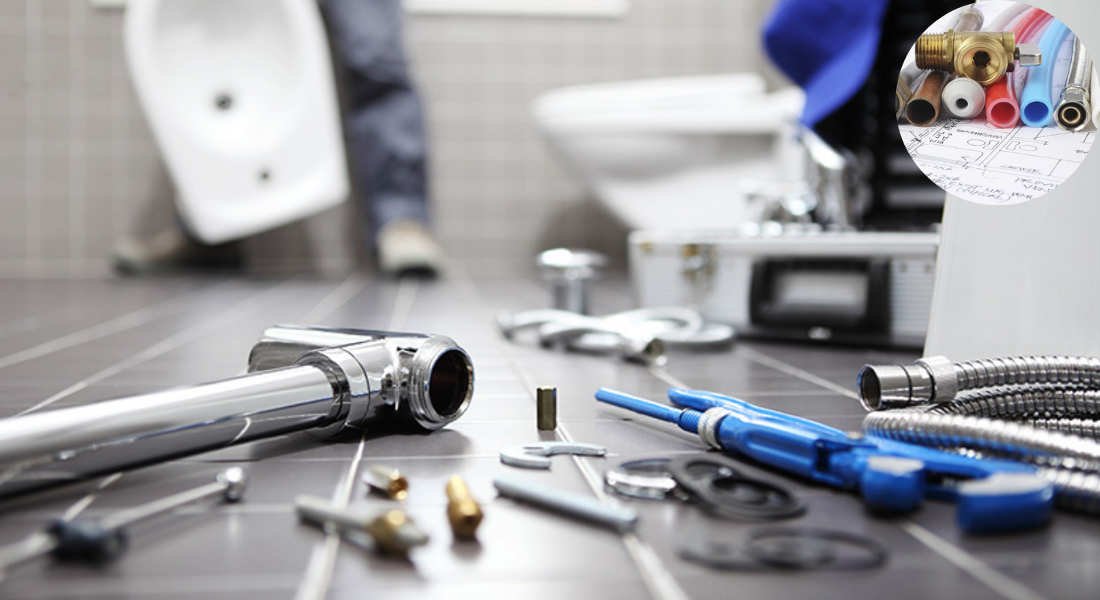
While minor repairs are within your reach, certain plumbing tasks in NYC are legally reserved for licensed professionals. Attempting to handle these jobs without proper credentials can have serious consequences.
Plumbing Jobs That Require a Licensed Master Plumber
Some examples of plumbing work that legally requires a Licensed Master Plumber include:
- Installation or Alteration of Piping Systems
- Any work involving the installation or modification of water, gas, or waste piping must be performed by a licensed plumber.
- Boiler Work and Oil Burner Installation
- Installing or repairing boilers and oil burners is highly regulated for safety reasons. This work requires expertise and permits.
- Major Plumbing Repairs
- If repairs involve significant changes to the plumbing system, such as replacing sections of piping beyond minor fixes, you’ll need a professional.
Why Hiring an LMP is Crucial
Licensed professionals ensure that the work complies with NYC’s plumbing codes and safety standards. They also provide warranties for their work, giving you peace of mind. Additionally, hiring a licensed medical professional (LMP) helps avoid penalties and ensures your home remains functional and safe.
Legal Risks and Penalties for Unlicensed Plumbing Work in NYC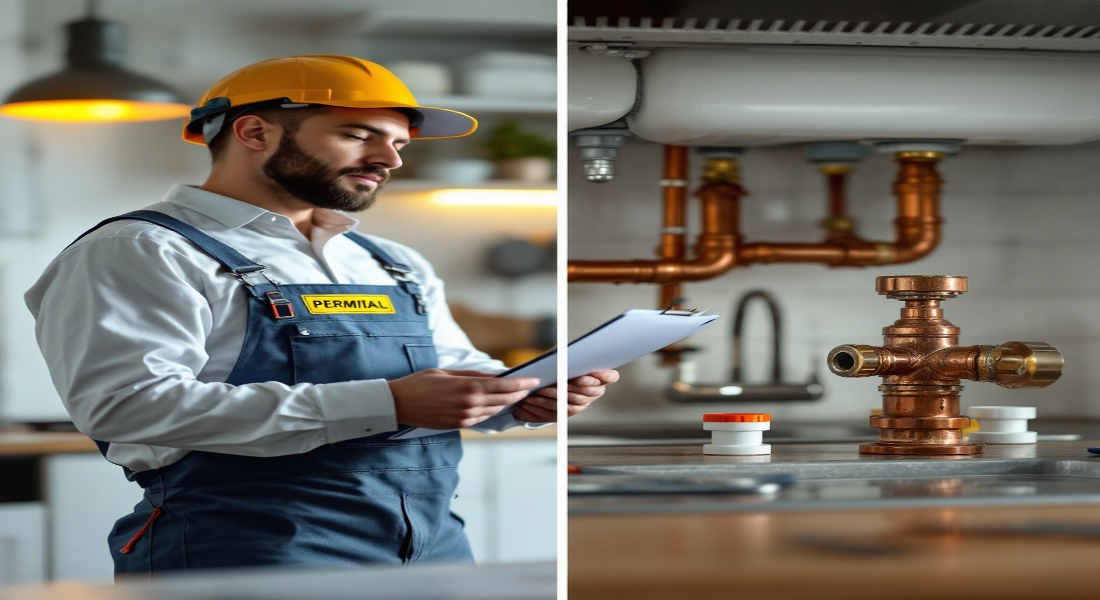
Performing plumbing work without a license or permit in New York City is not only unsafe but also illegal. The consequences can be severe.
Potential Violations and Fines
Unlicensed plumbing work can result in:
- Fines and Violations: Property owners may face substantial penalties for undertaking unpermitted work.
- Legal Action: In some cases, unlicensed work can lead to court appearances or even criminal charges.
Consequences for Property Owners
As a homeowner, you are responsible for ensuring all plumbing work in your property complies with city codes. If unlicensed or unpermitted work is discovered, you could be held liable.
Reporting Unlicensed Contractors
If you encounter unlicensed plumbing contractors, you can report them to NYC authorities. This helps maintain safety and ensures fair competition among licensed professionals.
How to Legally Perform Minor Plumbing Repairs Without a License
If you’re planning to take on minor plumbing tasks, here’s a step-by-step guide to ensure you do it safely and legally.
Step-by-Step Guide
- Assess the Scope of the Repair
- Confirm that the task qualifies as minor and doesn’t require a license or permit.
- Use Proper Tools and Materials
- Invest in basic plumbing tools, such as wrenches, pliers, and sealants. Use high-quality replacement parts.
- Follow Manufacturer Instructions
- Whether it’s replacing a faucet or fixing a leak, always follow the product’s instructions for safe installation.
- Practice Basic Plumbing Safety
- Shut off the water supply before starting any work. Wear gloves and ensure that your workspace has proper lighting.
- Know When to Stop
- If the repair becomes too complex or involves major alterations, stop and call a licensed plumber.
When to Hire a Licensed Plumber in NYC
Sometimes, it’s best to leave plumbing work to the experts.
Signs You Need a Pro
- Persistent leaks or water damage
- Gas piping repairs or installations
- Noisy or malfunctioning boilers
- Work requiring permits and inspections
Benefits of Hiring an LMP
Licensed plumbers bring expertise, ensure code compliance, and offer warranties for their work.
Navigating NYC’s Plumbing Permit Process
If you need a permit, NYC’s DOB NOW system makes the process straightforward.
Step Action
1 Create an NYC.ID account
2 Submit your permit application online
3 Schedule an inspection after completing the work
4 Ensure compliance with all inspection requirements
Additional Resources and Support for Homeowners
- NYC Department of Buildings: Official Website
- NYC Plumbing Codes: Read Here
- Licensed Plumber Verification: Use NYC’s license lookup tool.
You may also read (how to terminate home plumbing vents horizontally).
